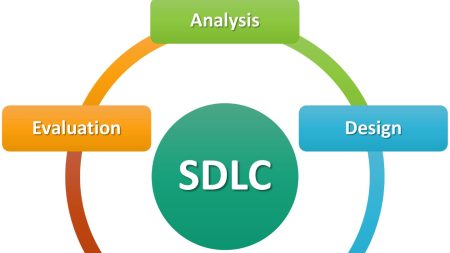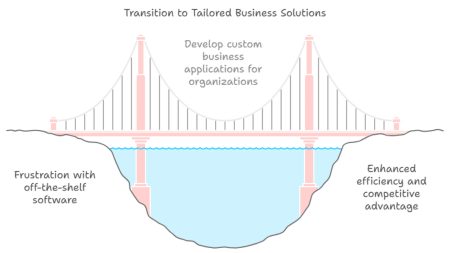Software operations are business software that helps streamline and automate various tasks related to an organization’s operations. This software type improves efficiency, reduces costs, and increases productivity in any size business. By leveraging operations software, businesses can make better decisions quickly and efficiently while improving their performance. This article will discuss what is operational software and its benefits for businesses.
What Operations Software Is and Isn’t?
What is operational software? It is essential to understand what operations software is and isn’t to get the most out of this tool.
What is Operational Software?
What is software ops? Business operations software is an application that helps businesses manage their workflows and processes. It automates most manual tasks related to running operations, such as tracking inventory, managing customer orders, scheduling deliveries, and monitoring day-to-day tasks.
What it isn’t?
IT operations are not a substitute for personnel. While operations software can automate many manual tasks associated with running operations, it still requires people to do the actual work, software operations are only as effective as the people using it. Therefore, having skilled and knowledgeable staff to implement and maintain the software for operations management is essential.
Furthermore, operations software is more than just a one-size-fits-all solution. Depending on the size and complexity of the operations, different software options may be necessary for each organization’s needs. Additionally, it is vital to understand how operations software integrates with other systems that are already in use.
Where Operations Software Lives In Infrastructure?
Software operations can be deployed in various ways, depending on the organization’s infrastructure. On-premises solutions are common, where organizations purchase and install their servers and related hardware to host a private operations software. This solution allows organizations to manage their data and applications in-house and provides more control over security settings.
Alternatively, many organizations use cloud-based operations software solutions. In this case, they are hosted by a third-party provider and provide scalability and cost savings as the organization grows. Cloud-based software can also be accessed remotely, allowing users to access their software operations anywhere with an internet connection.
In addition to on-premises and cloud-based solutions, many organizations use Software as a Service (SaaS) operations software solutions. A third-party provider hosts SaaS solutions; organizations can access the software online and pay for it on a subscription basis. This offers cost savings and scalability, as organizations only pay for the necessary software.
Finally, it’s important to note that software used to do operations is a living tool. As businesses evolve and technology advances, so does operations software. Organizations should keep up with these changes to ensure their software operations remain compatible with new systems and processes.
Software Operations Are Impactful But Hard To Prioritize
Software Operations are key for business looking to maximize efficiency and productivity. Still, they can be challenging to prioritize because of the time and money required for setup and maintenance. Companies must ensure their operations software is compatible with existing processes and systems and regularly update the software to keep up with changes.
Many businesses may lack the resources to invest in setting up an operations software system properly, or regularly updating it to keep up with technological advancements. Additionally, software development operations requires a team of skilled professionals knowledgeable about the system and its various functions to ensure it is being used correctly and effectively.
Operational Excellence In Software Development
Operational excellence in software development is an approach that prioritizes process improvement and streamlining. It focuses on creating an effective and efficient system for software development, typically through automation, to reduce manual tasks and increase productivity. Operational excellence in software development also incorporates principles of continuous improvement, meaning businesses continually strive to refine their processes over time.
By investing in operational excellence in software operations management, businesses can adopt a system that improves the quality of their products and services while saving time and money. By utilizing automation tools, companies can reduce manual tasks and optimize processes to focus on creating high-quality products more quickly. Additionally, operational excellence helps businesses prioritize scalability, allowing them to quickly adjust their strategies to accommodate changing customer needs and demands.
In conclusion, operations software is a must for companies looking to maximize efficiency and productivity. Additionally, operational excellence in software development helps companies prioritize scalability while reducing manual tasks and optimizing processes. Investing in the right tools and people can help businesses maximize their efficiency and quickly create high-quality products. All these aspects make operations software a powerful asset for any business wanting to stay competitive.
Read also interesting article about agile software development outsourcing.











